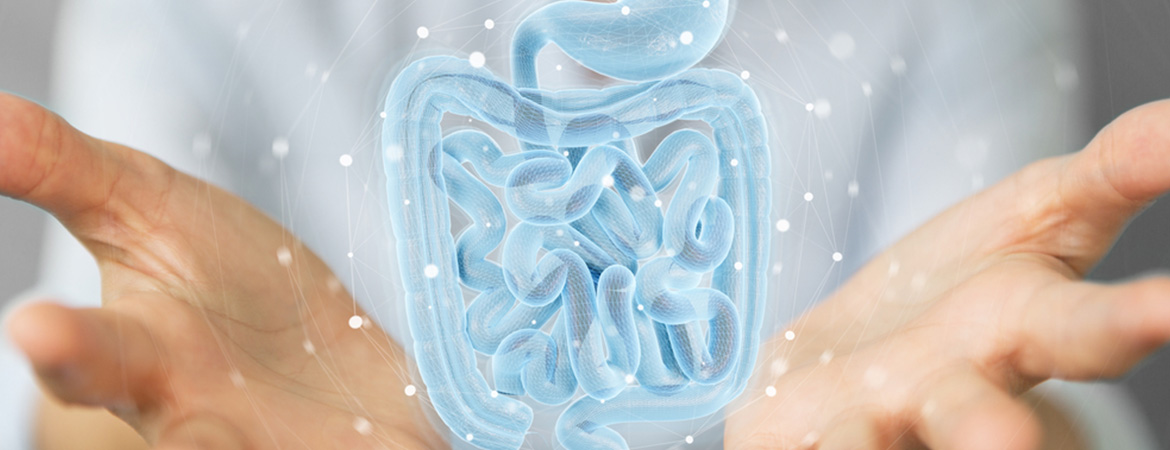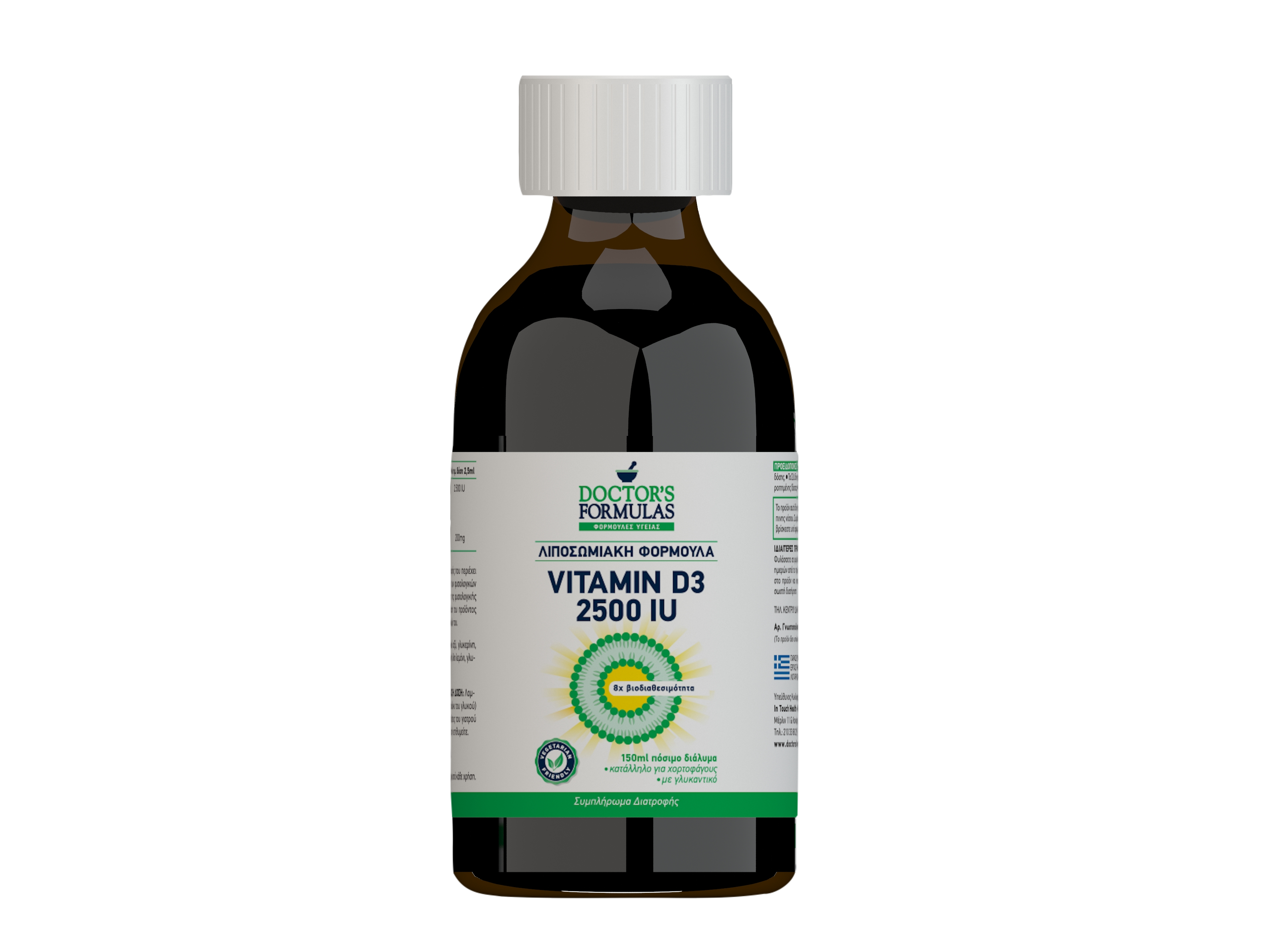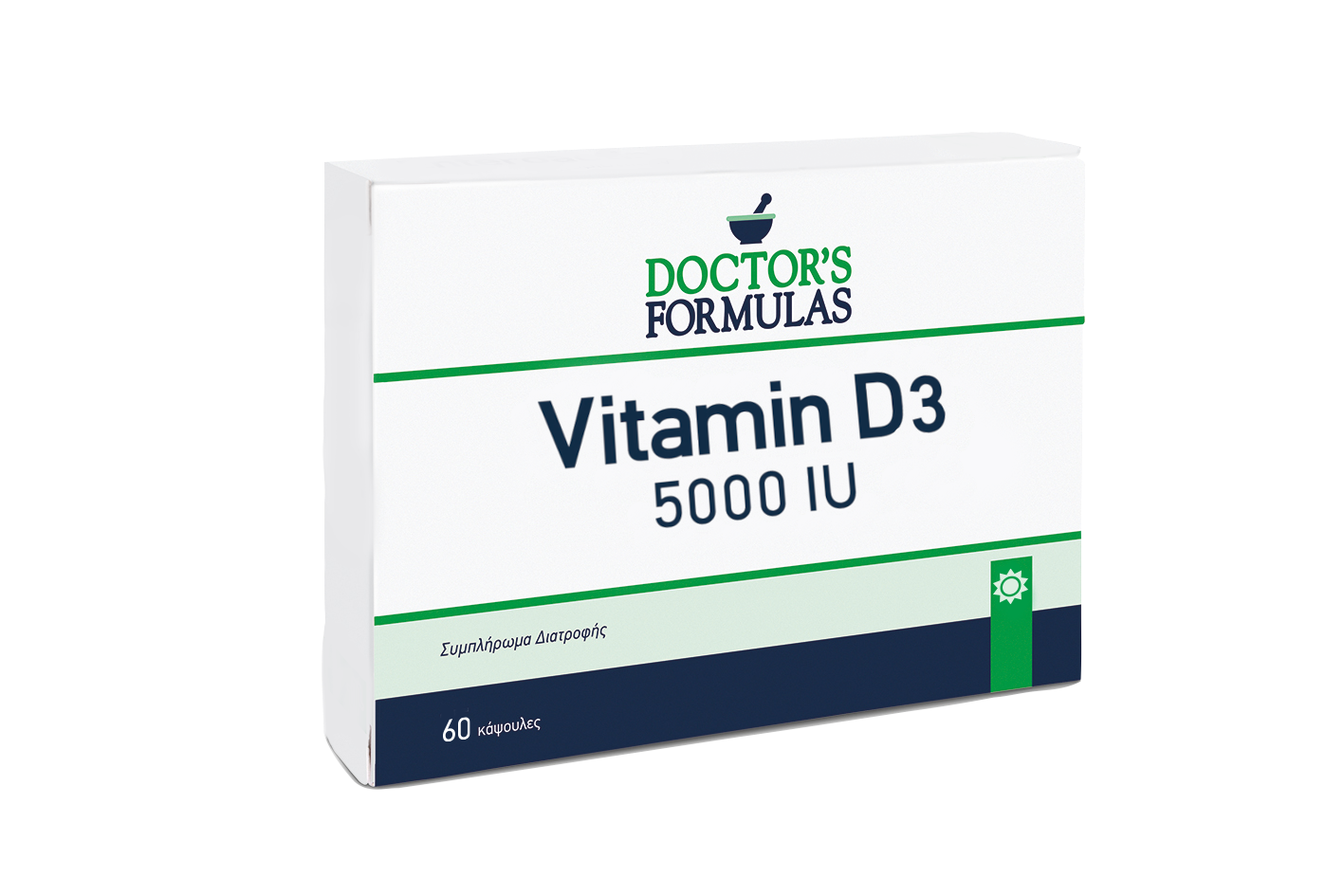Vitamin D in the pathophysiology of IBD
Mucosal vitamin D signaling
in inflammatory bowel disease
Highlights
- Low levels of serum vitamin D are associated with adverse clinical outcomes in IBD.
- Vitamin D signaling modulates the intestinal microbiome and immune functions.
- Intestinal barrier integrity is maintained by vitamin D.
- Vitamin D signaling alters the expression of known IBD risk genes.
Epidemiological studies have identified vitamin D (25(OH)D) deficiency to be highly prevalent among patients with inflammatory bowel disease (IBD), and low serum levels correlate with higher disease activity and a more complicated disease course.
A leaky gut, i.e. an insufficient intestinal epithelial barrier, is thought to be central for the pathogenesis of IBD, and emerging data support the concept that vitamin D/VDR signaling in intestinal epithelial cells (IECs) has an important role in controlling barrier integrity.
Here we review the latest evidence on how vitamin D promotes the interplay between IECs, the gut microbiome, and immune cells and thereby regulates the intestinal immune response.
Further, intestinal VDR expression is inversely correlated with the severity of inflammation in patients with IBD, which might compromise the positive effects of vitamin D signaling in patients with the flaring disease.
Efforts to reveal the role of vitamin D in the pathophysiology of IBD will pave the road for the invention of more rational treatment strategies of this debilitating disease in the future.
Story Source
- Mucosal vitamin D signaling in inflammatory bowel disease doi.org/10.1016/j.autrev.2020.102672
- https://www.sciencedirect.com/science/article/abs/pii/S1568997220302470?via%3Dihub



